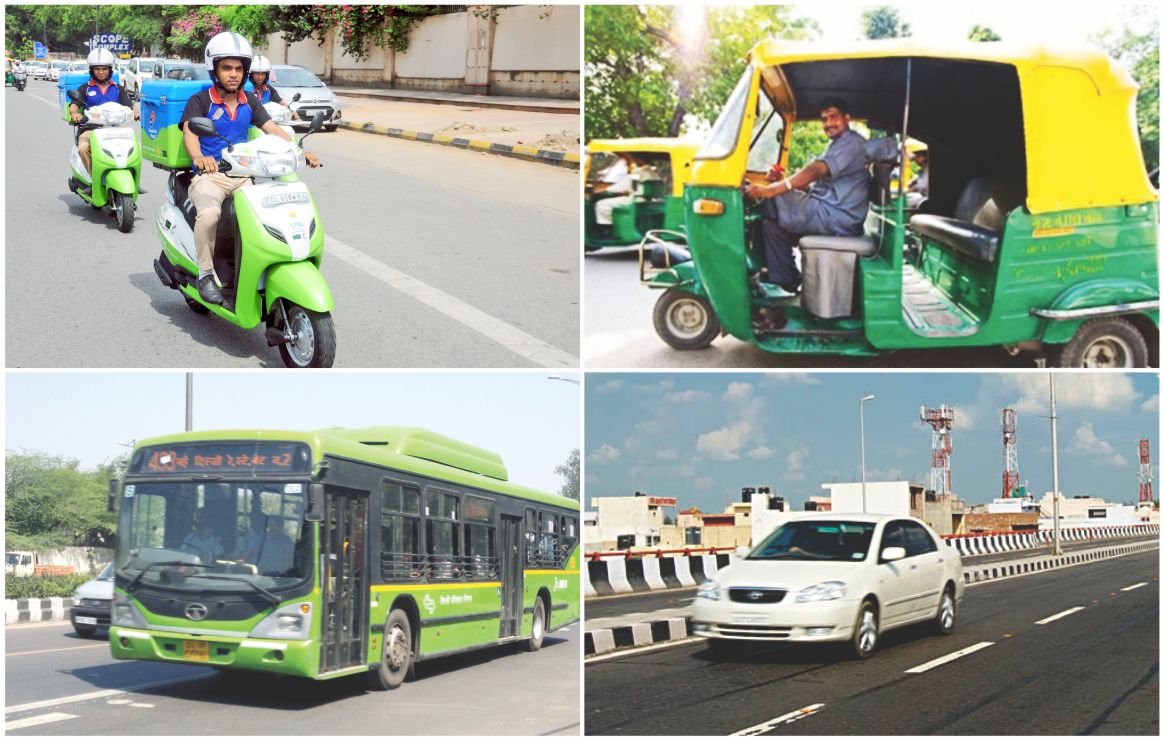
Compressed Natural Gas (CNG)
Compressed Natural Gas (CNG) is Clean Energy for Vehicles.
The use of natural gas in the transport sector has contributed to a great extent in containing the pollution due to vehicular exhaust emissions. CNG is an eco friendly green fuel and emits less pollutants.
Apart from this, natural gas as CNG has been able to replace high priced hydrocarbon commodity like petrol and diesel. It is an economical than other conventional fuels. It has no evaporation leaks and spills of fuel, both during refueling and feeding of car.
Compressed Natural Gas (CNG) is natural gas compressed to a pressure of 200-250 Kg/cm² (g) (due to its low density) to enhance the vehicle on-board storage capacity.
GAIL and its CGD Joint Venture Companies / Subsidiaries are operating CNG stations in states of Delhi, Maharastra, Uttar Pradesh, Gujarat, Andhra Pradesh, Telangana, Tripura, Madhya Pradesh, Karnataka, Haryana, Uttarkhand, Odisha, Goa, Bihar, Jharkhand and Rajasthan with around 1384 CNG stations catering to approximately 23.68 lakhs CNG vehicles.
